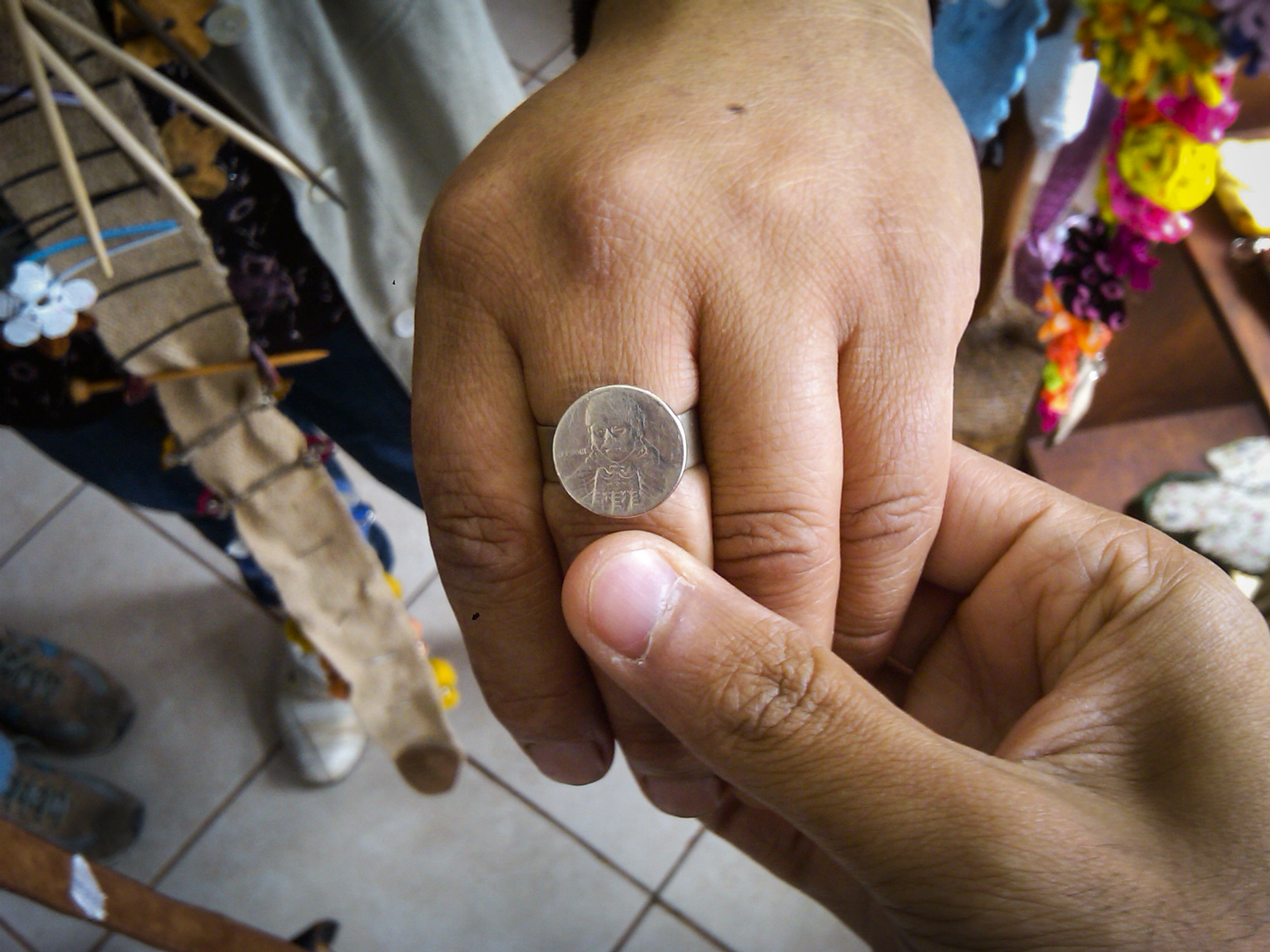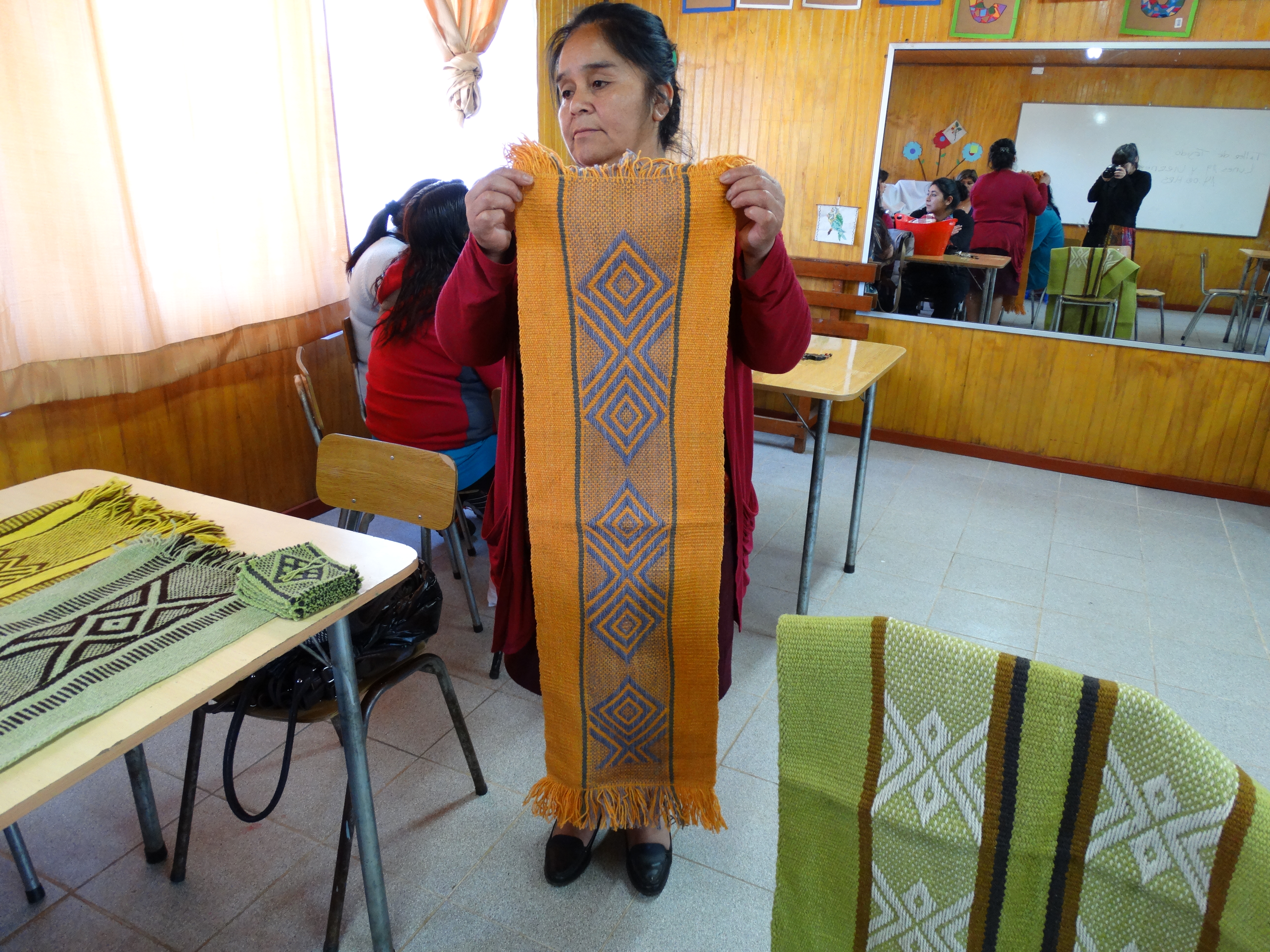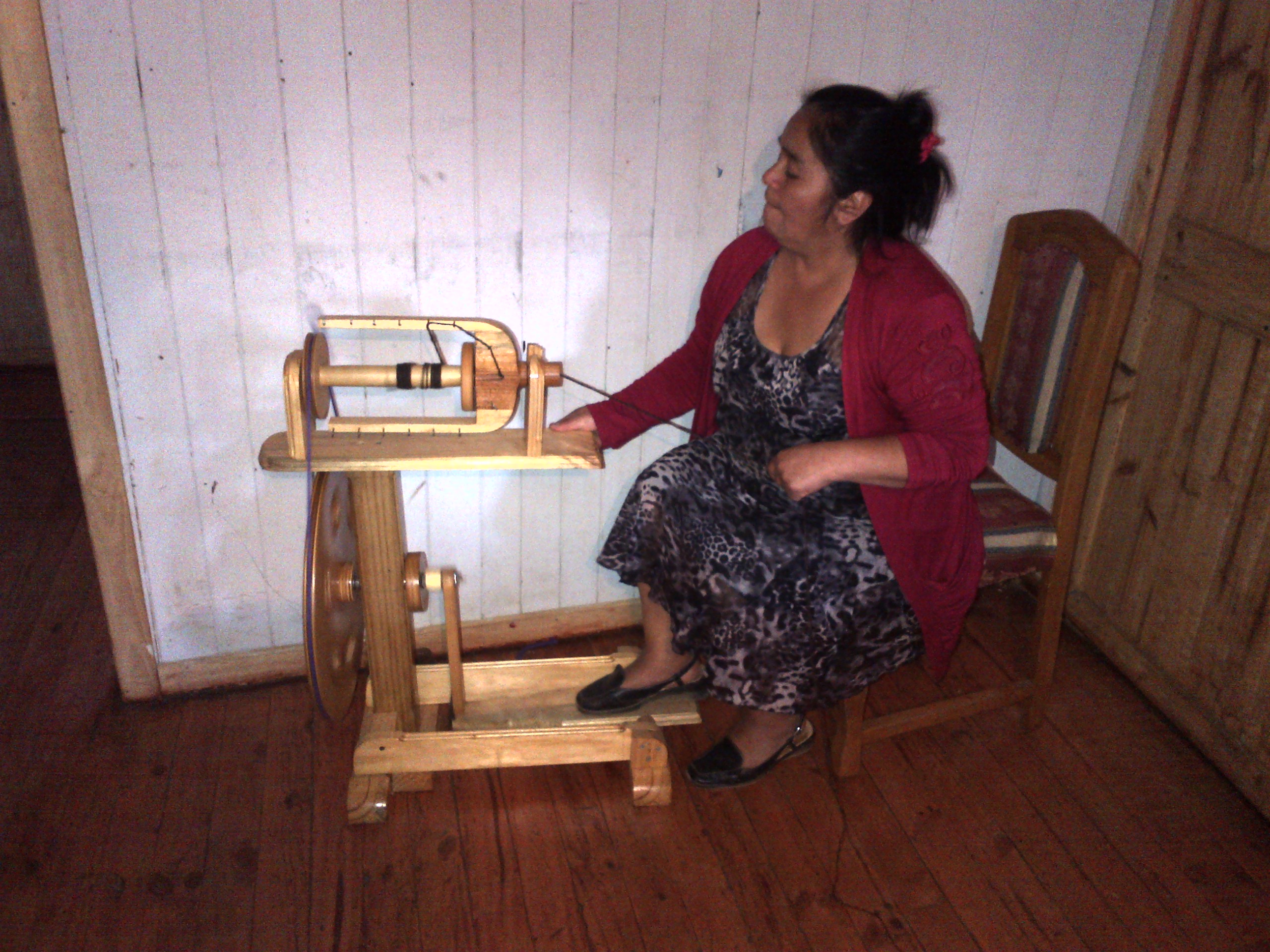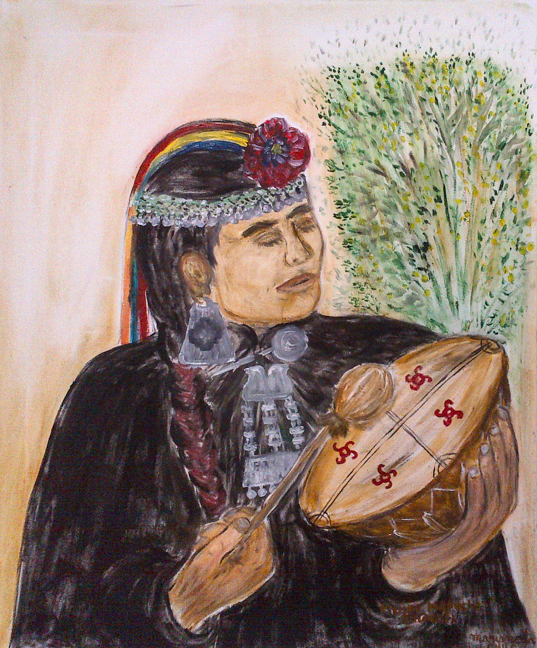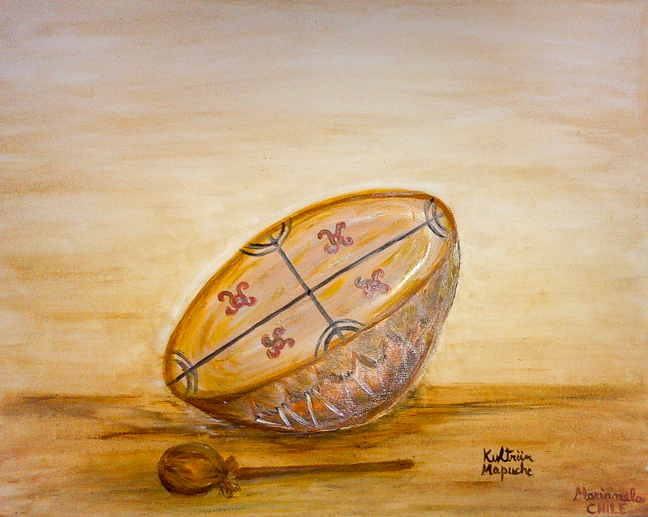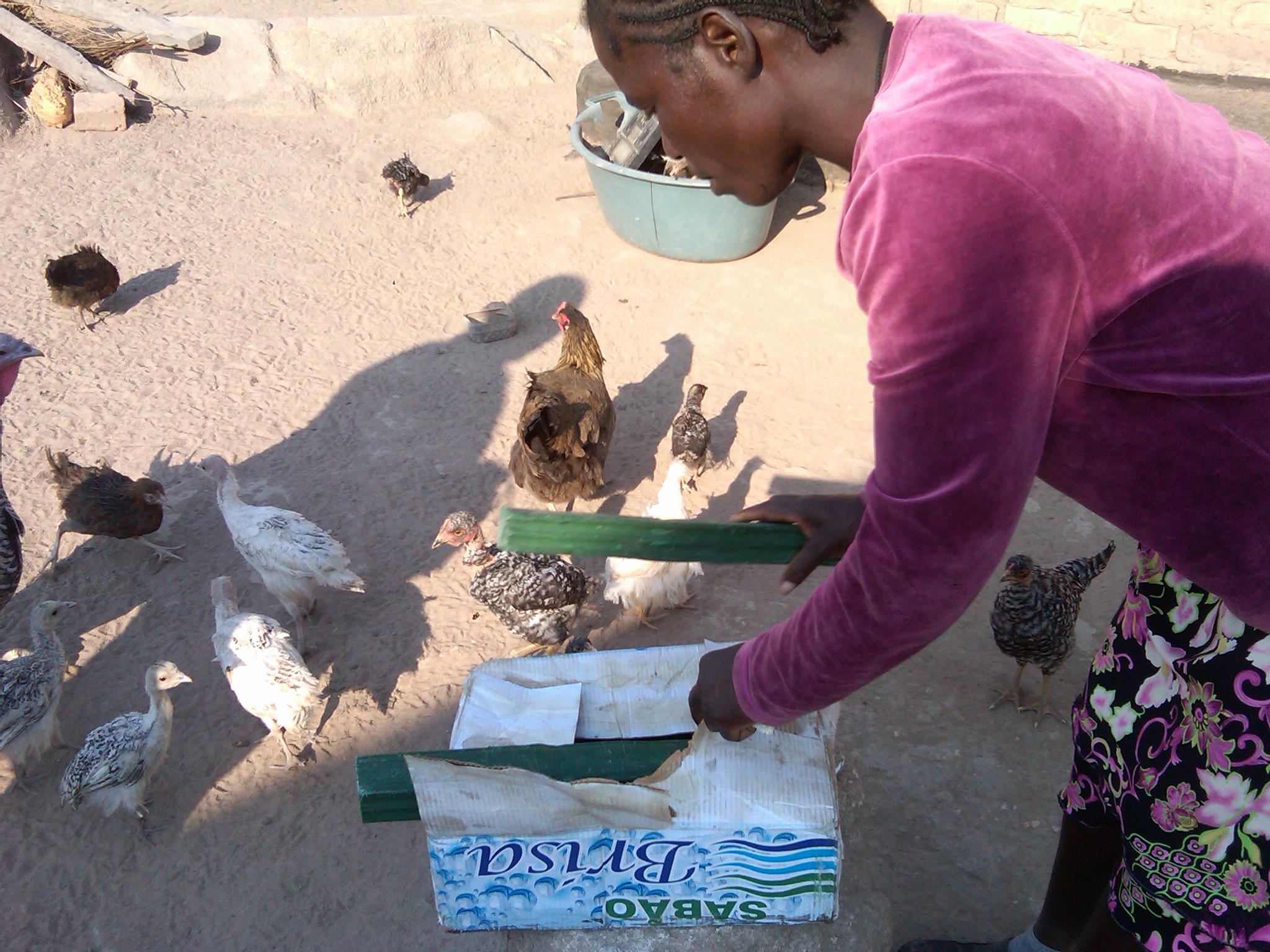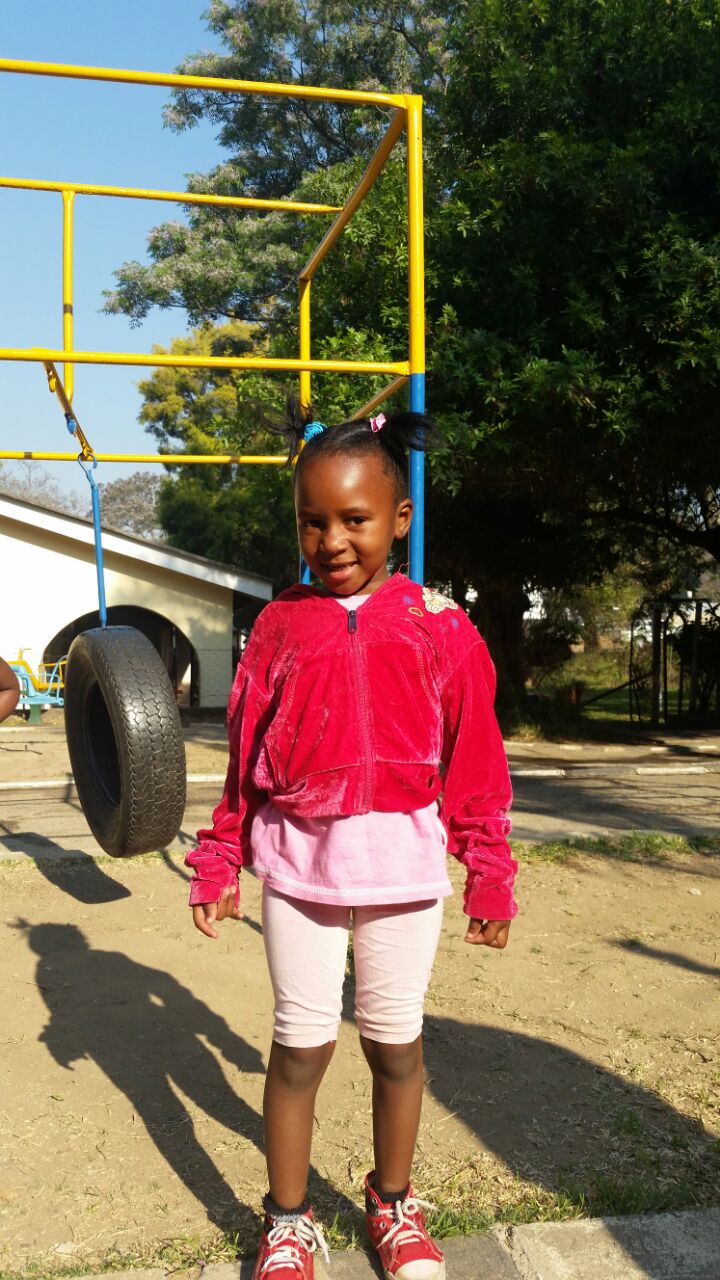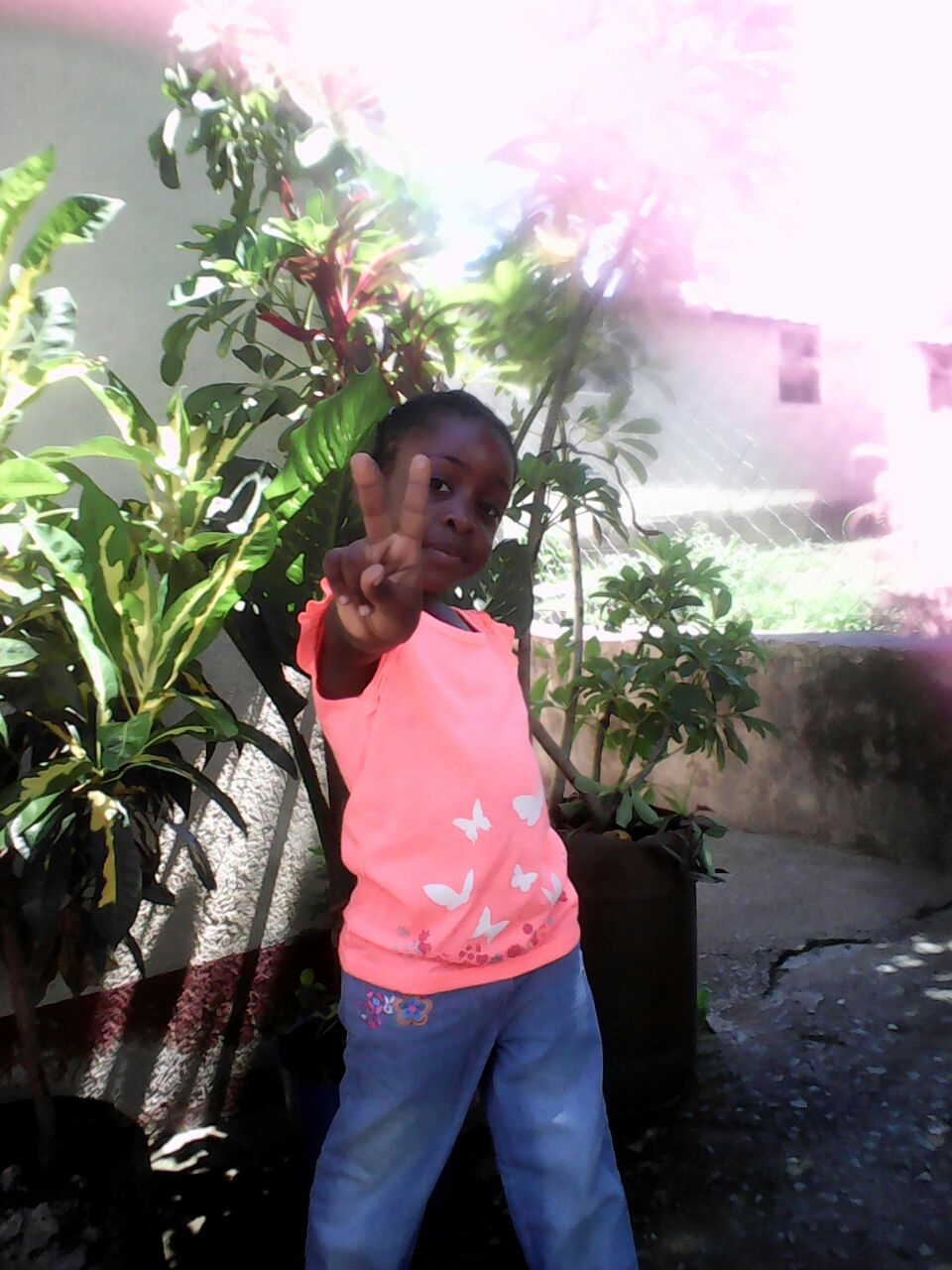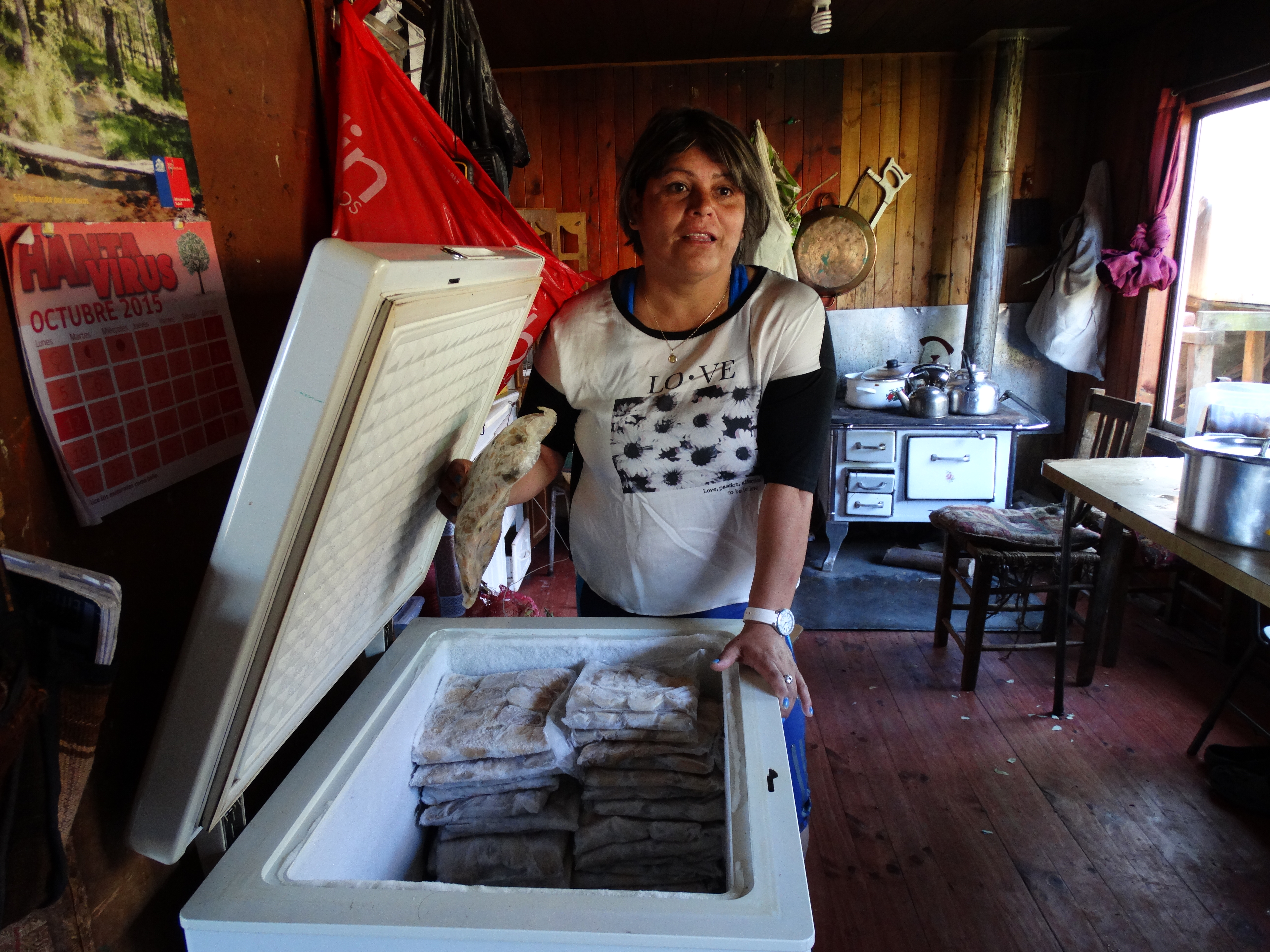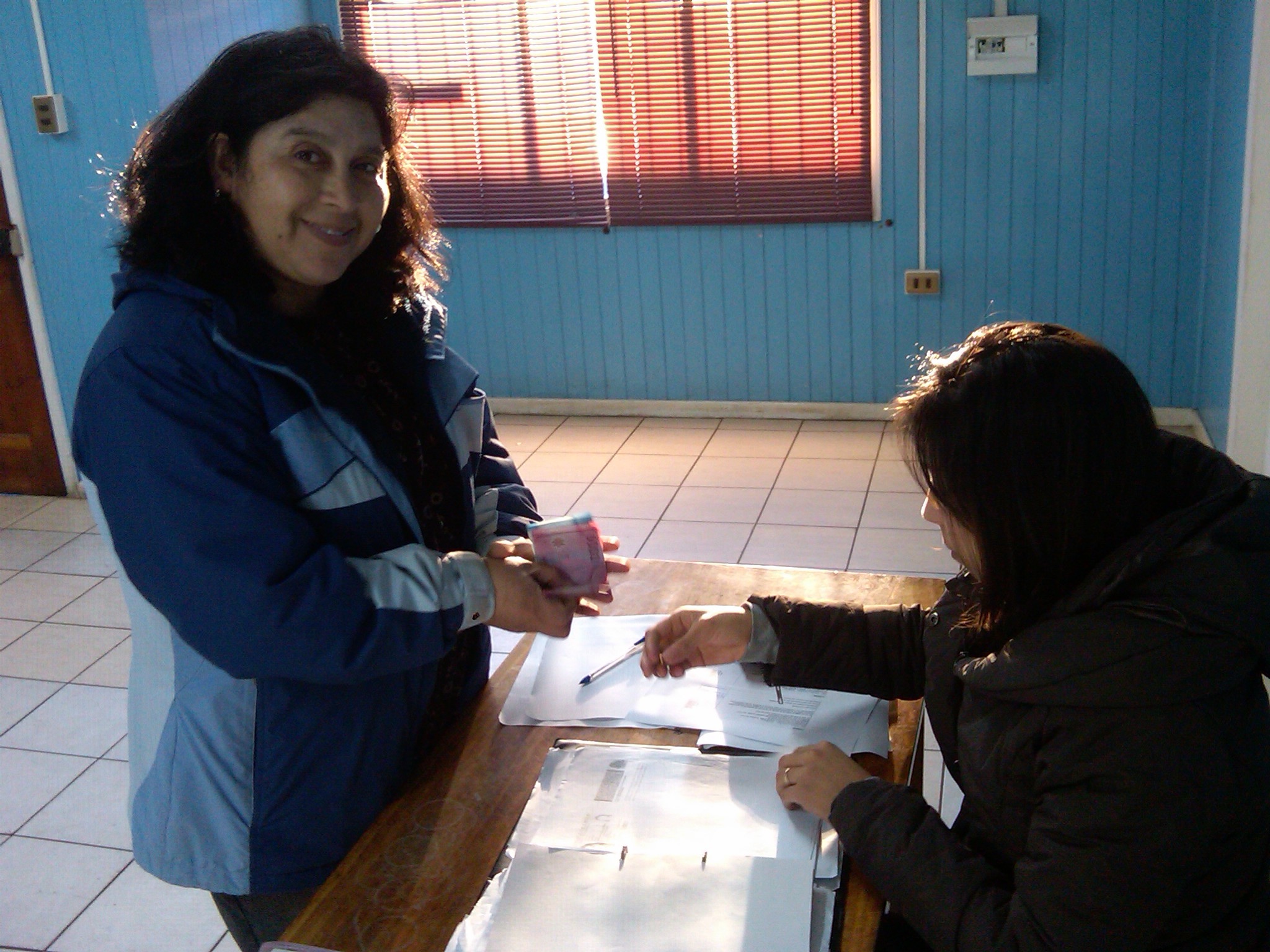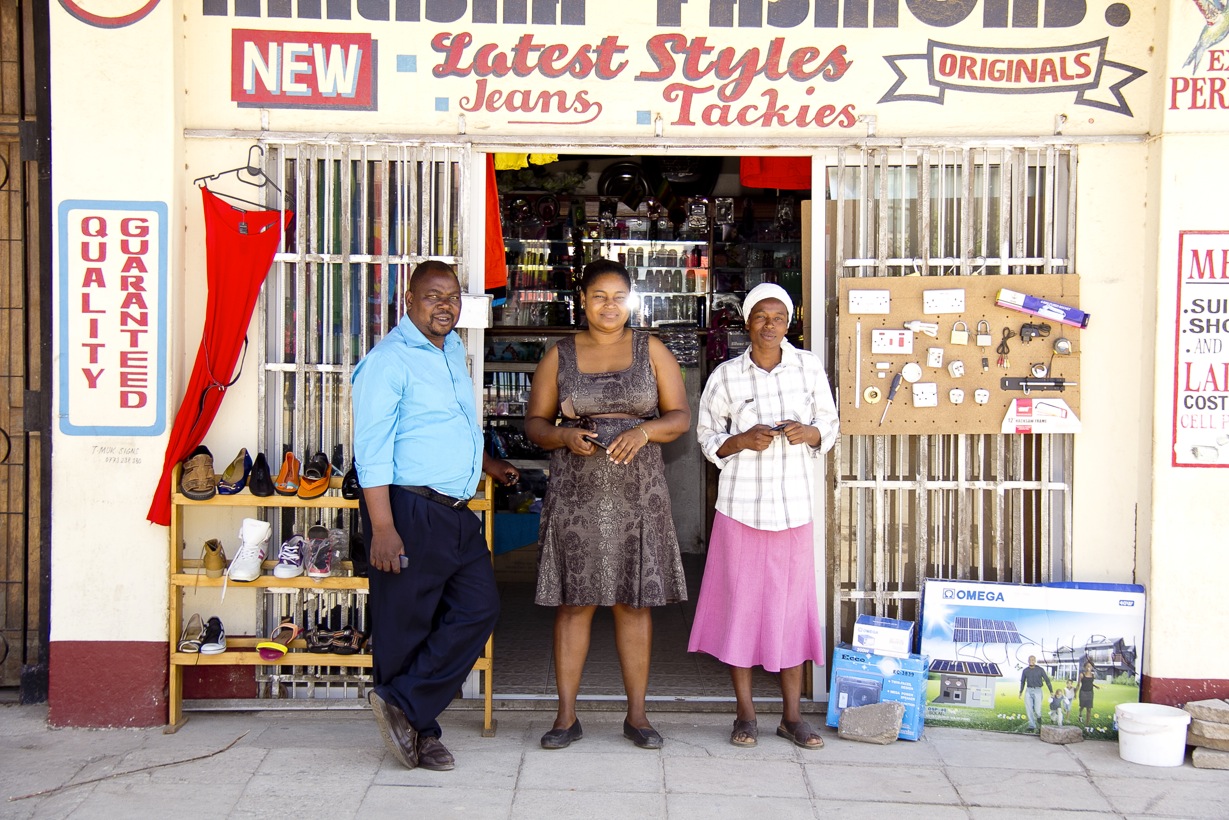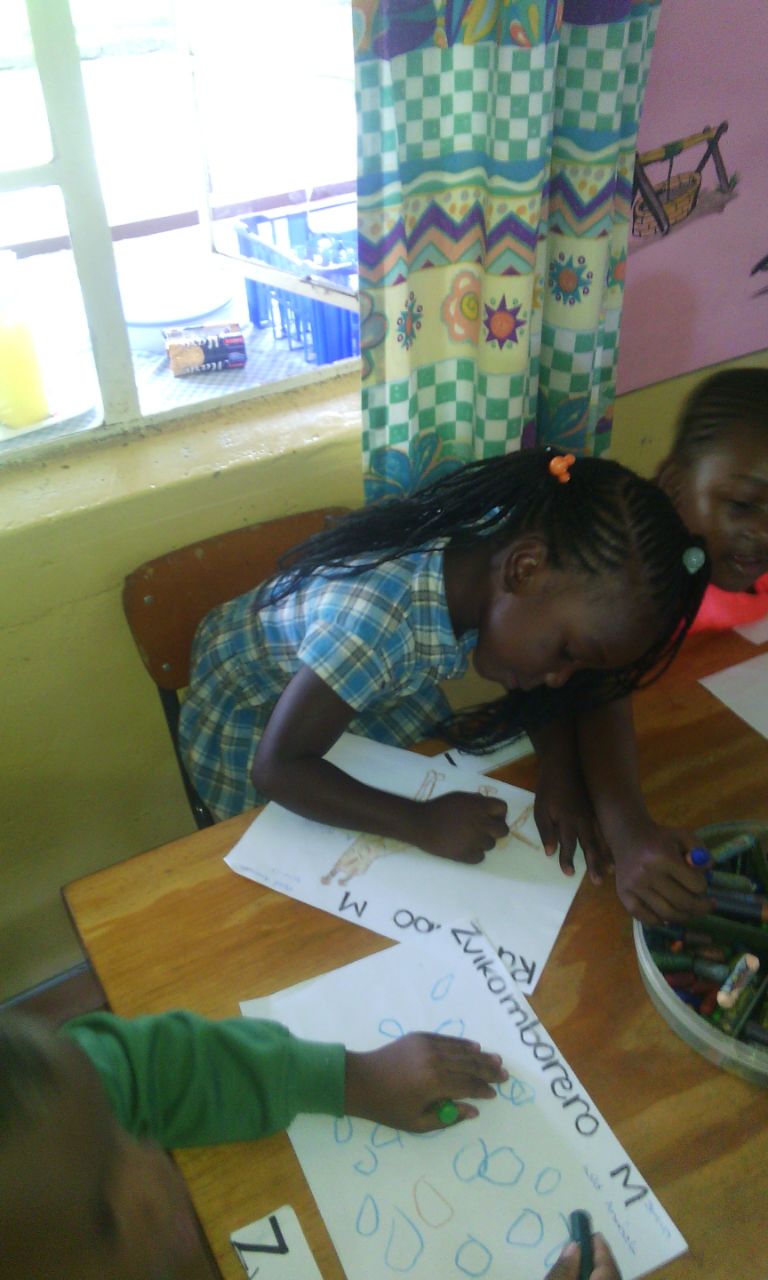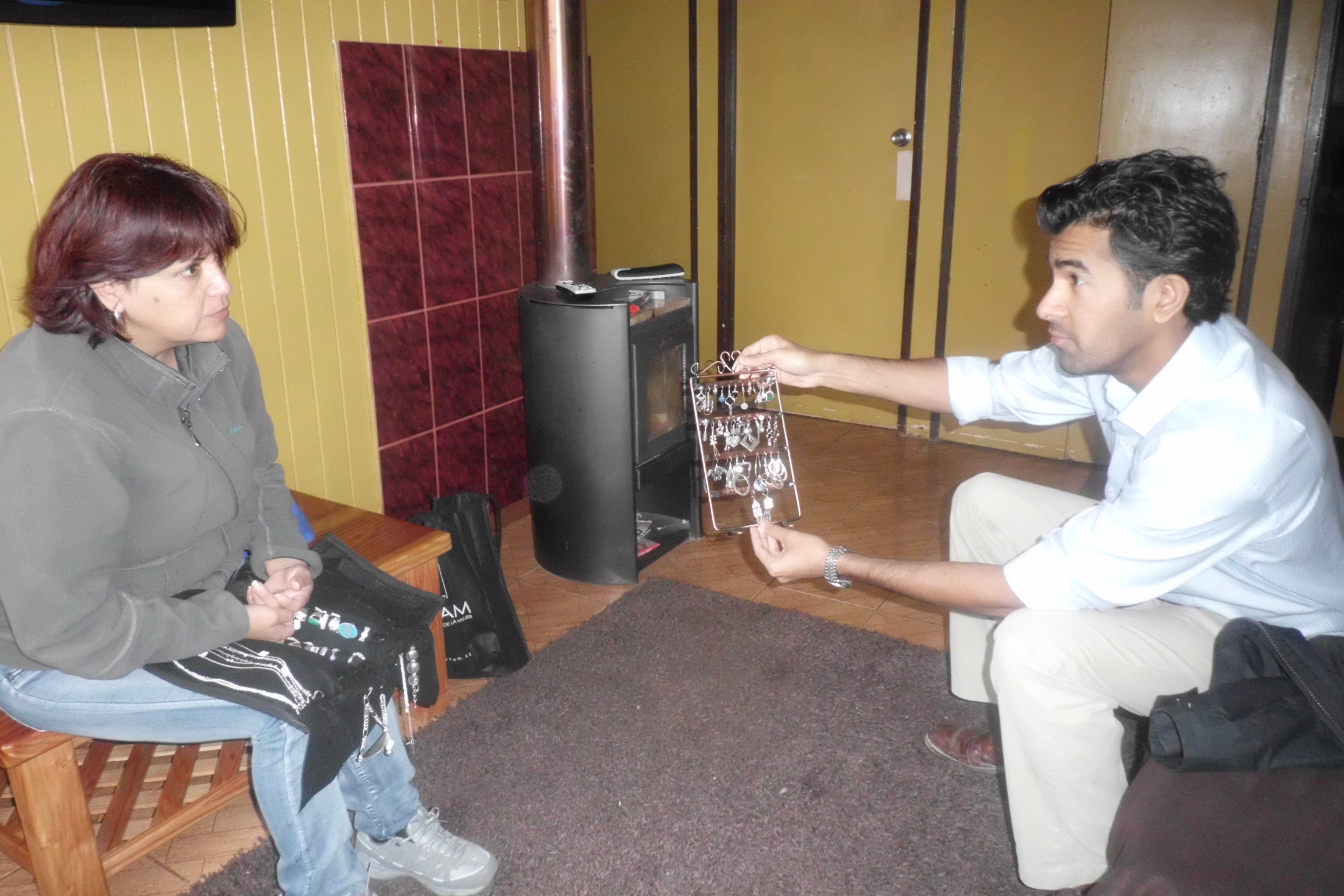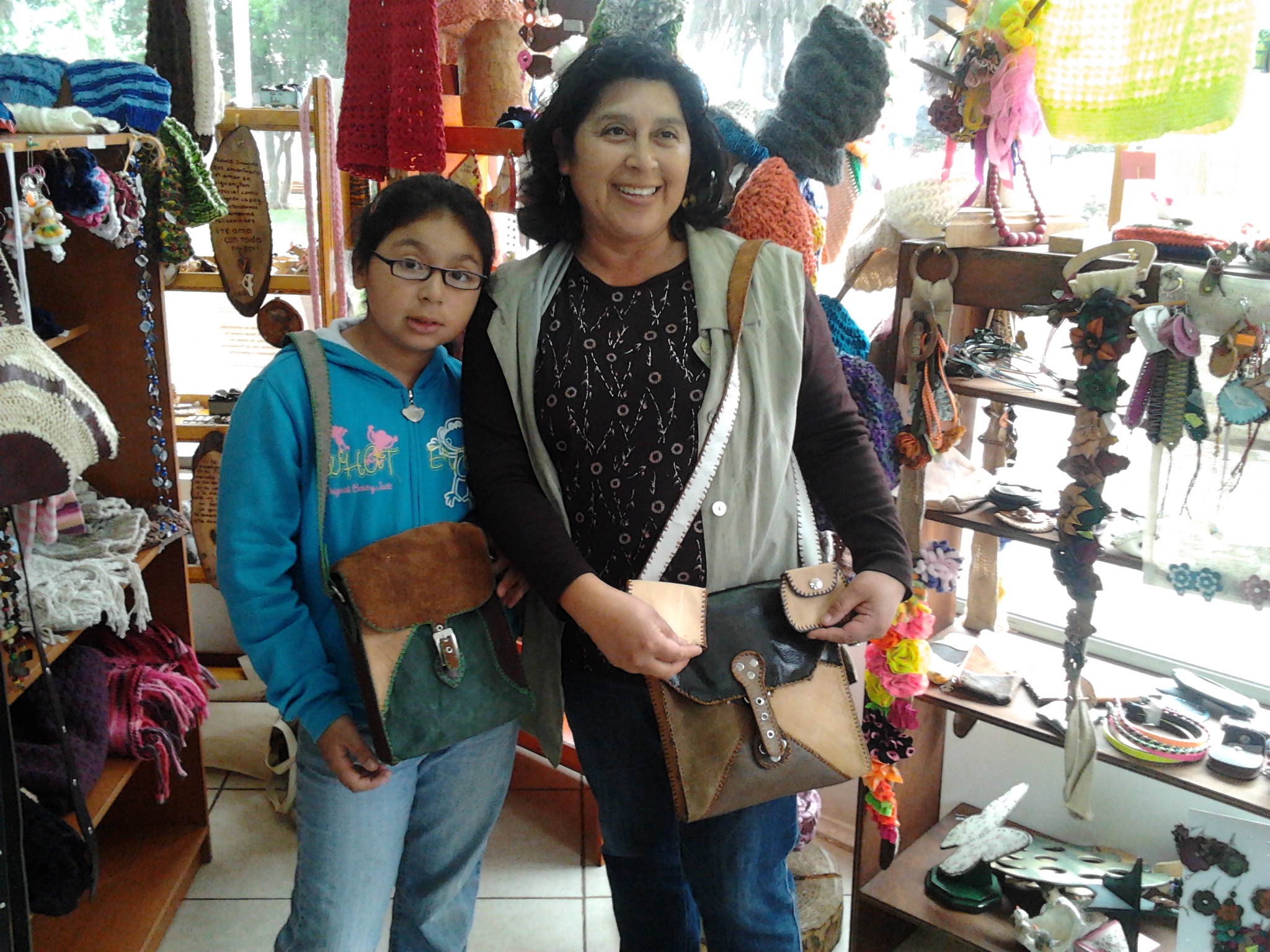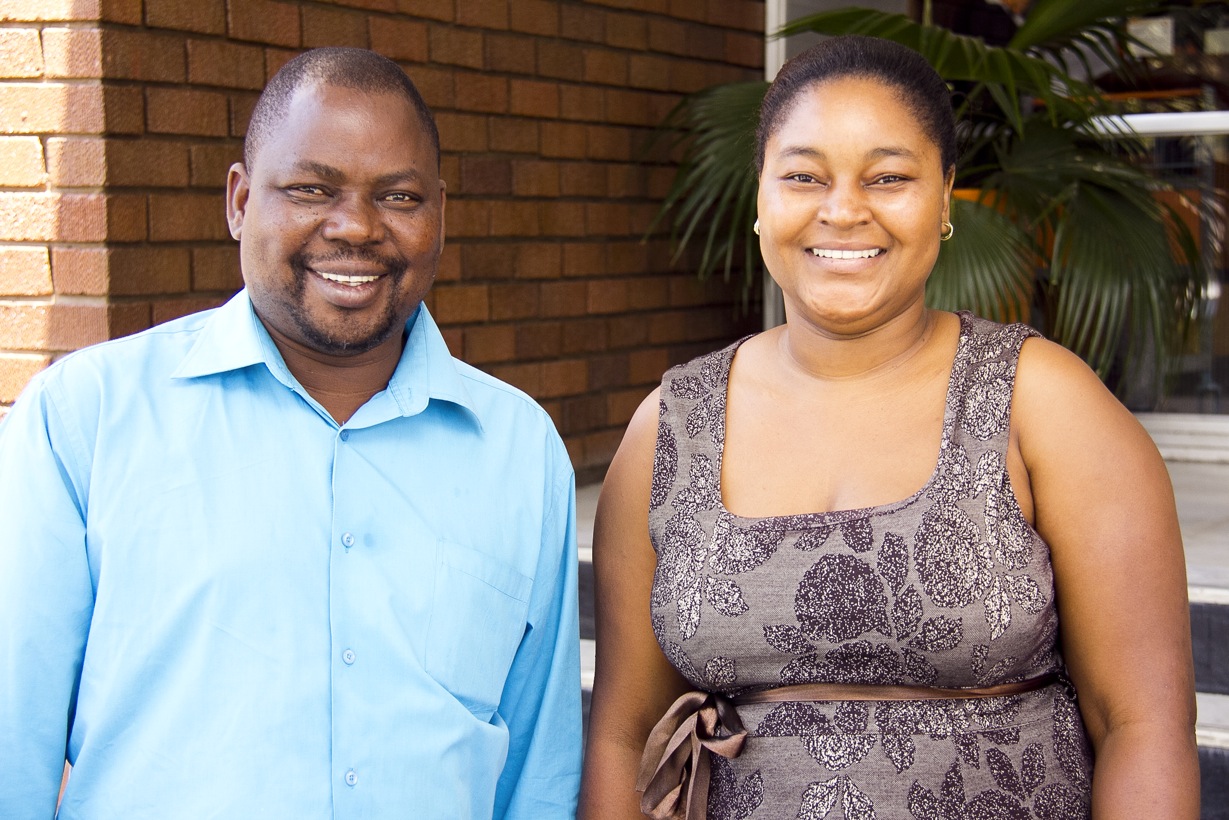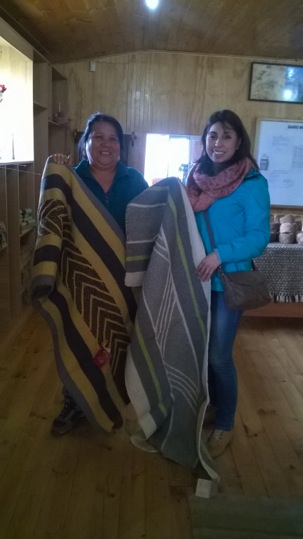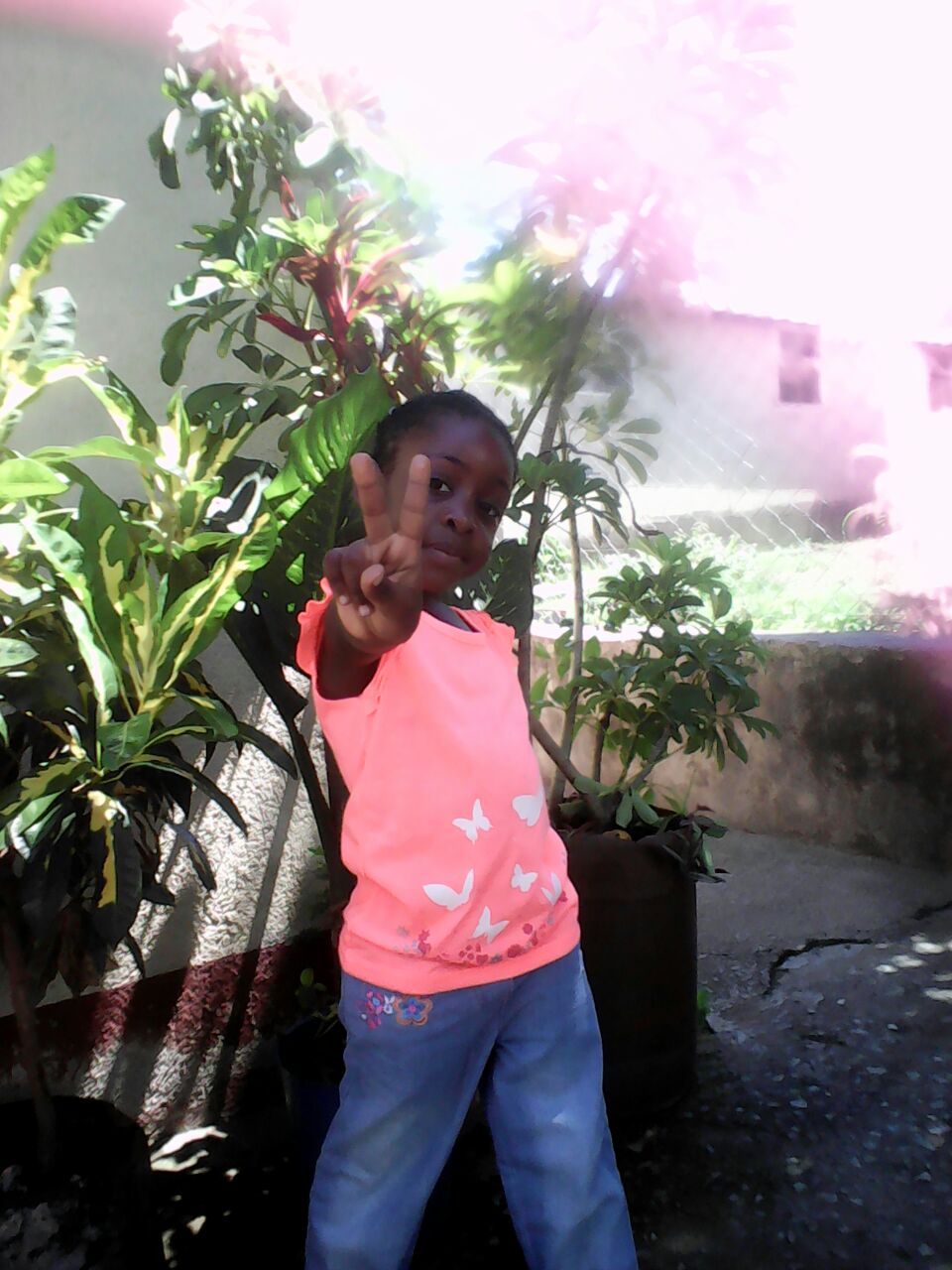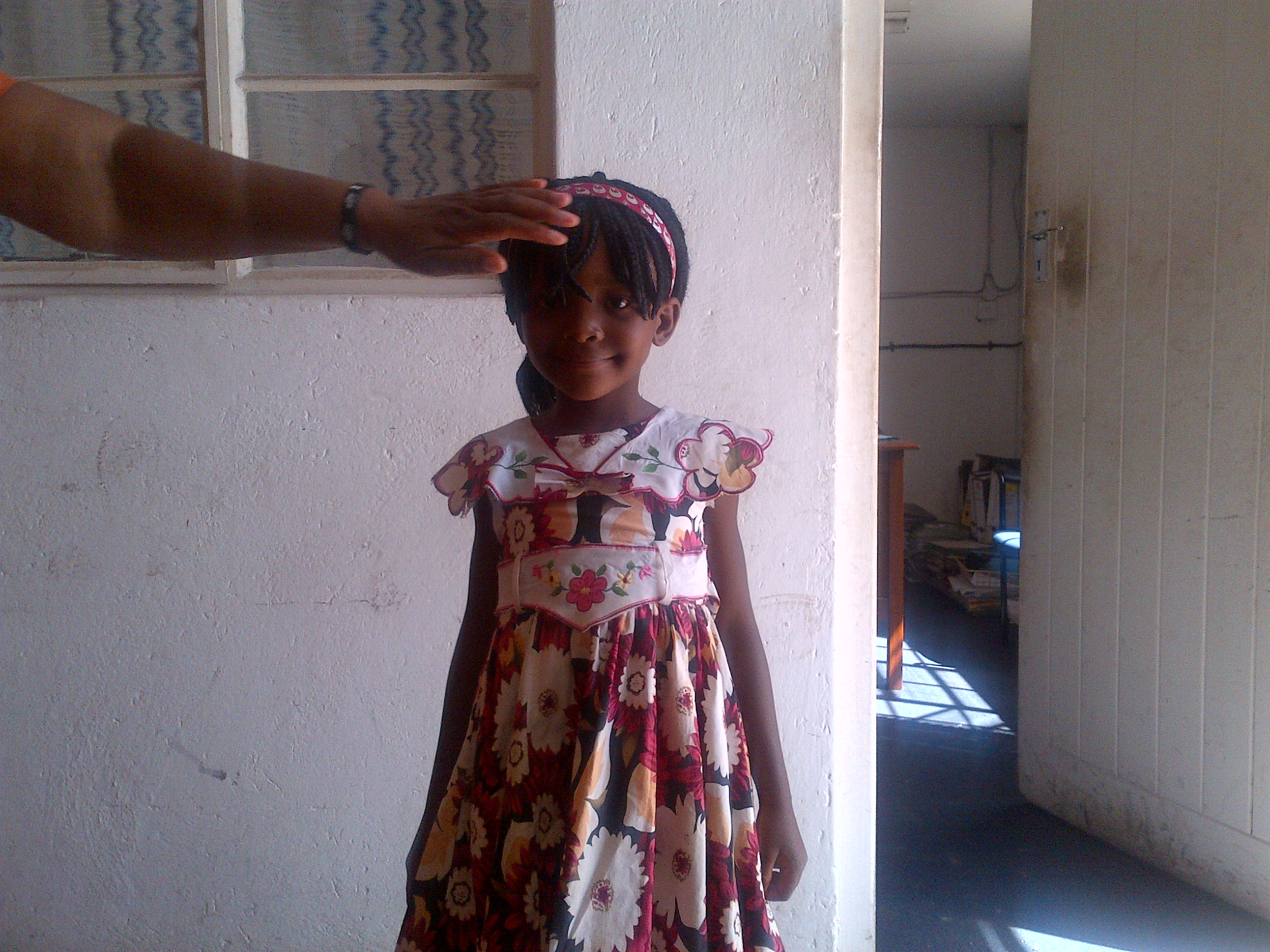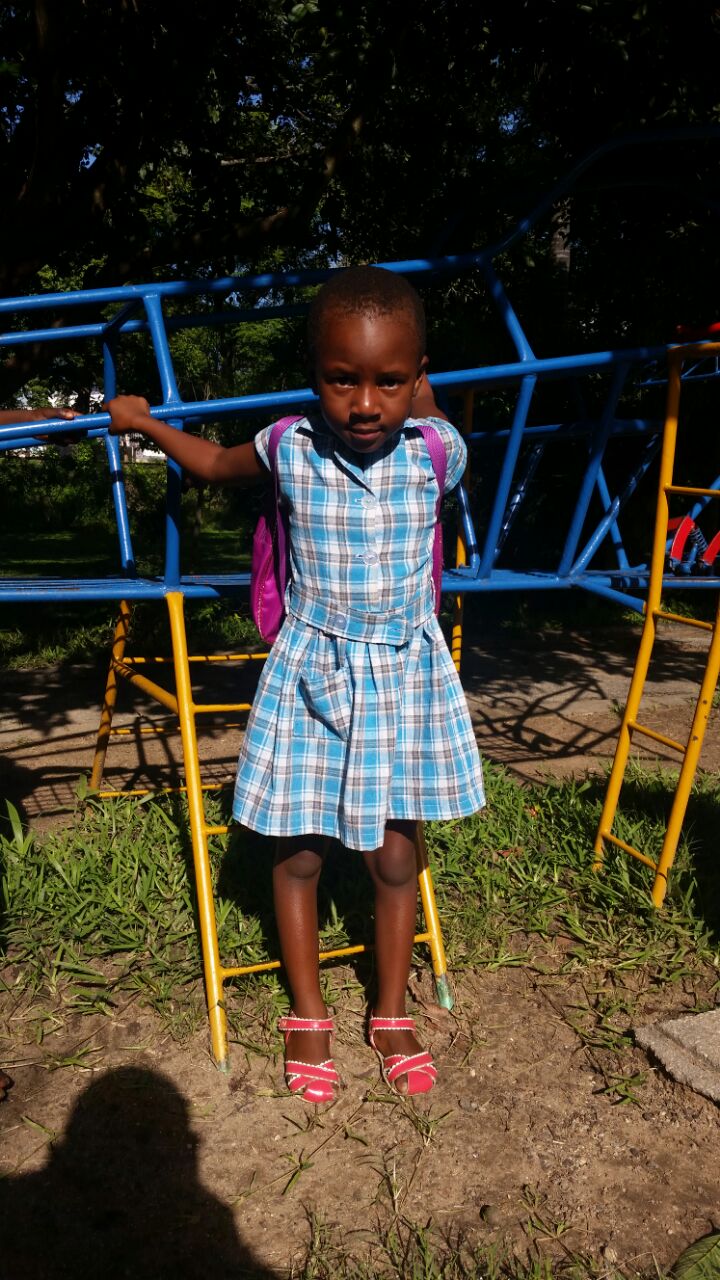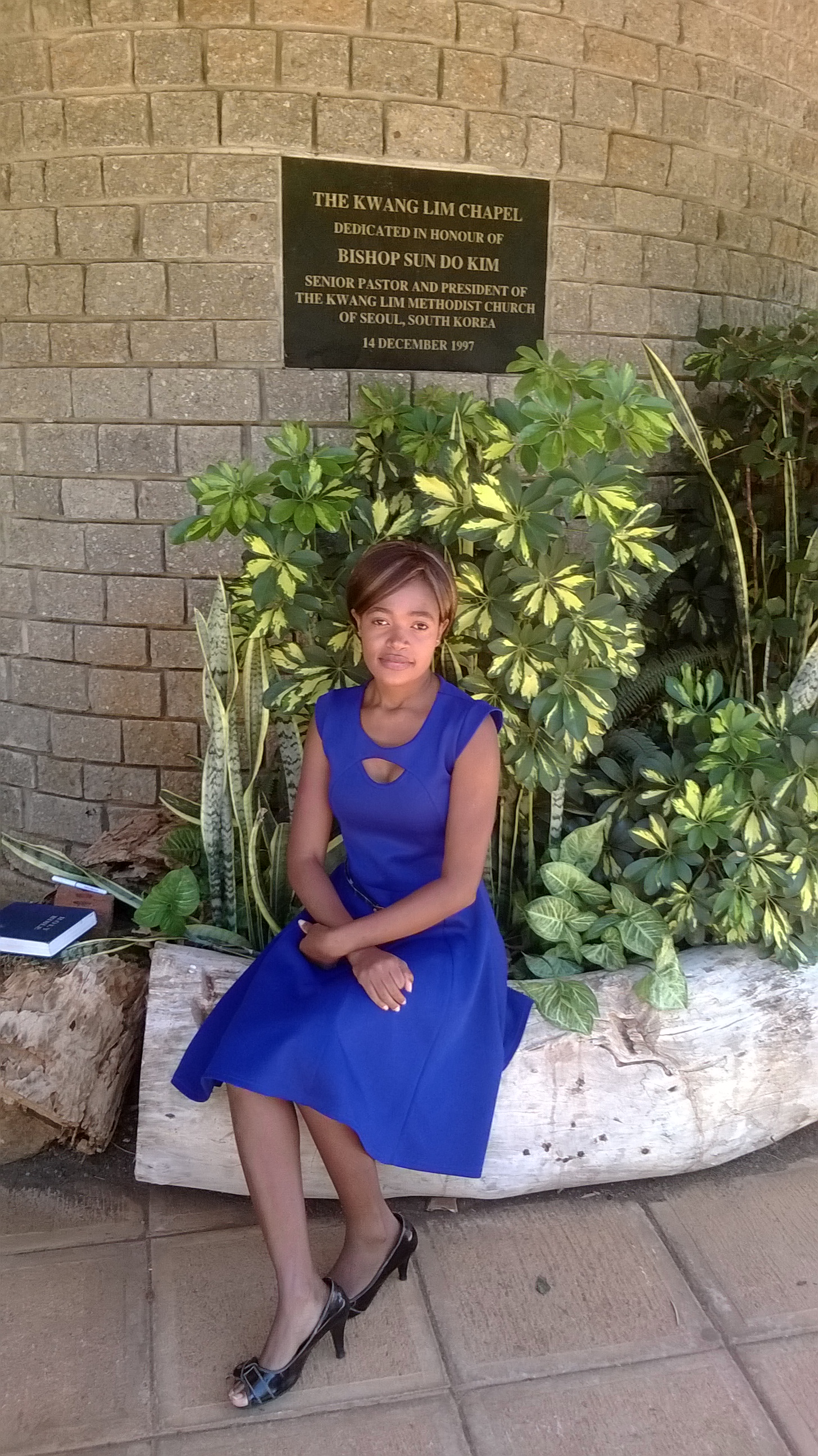 The road to my educational success has not been easy, and even today I face many challenges. But I still dream to acquire an education and change not only my path, but also that of my family and my community in Zimbabwe. My dream encourages me to take steps to reach my vision of success despite the obstacles I encounter.
The road to my educational success has not been easy, and even today I face many challenges. But I still dream to acquire an education and change not only my path, but also that of my family and my community in Zimbabwe. My dream encourages me to take steps to reach my vision of success despite the obstacles I encounter.
1. Being a role model to my siblings. This has been the greatest challenge in my quest for an education. Being the first born in a family of five children, I have to set a precedent. I always try to motivate them despite the fact that I am also struggling to make ends meet.
2. Financial instability. Being a citizen of a country that does not offer free education and a child from a poverty-stricken home, it has been difficult for me. Applying for full scholarships is not an easy job but through God who continues to give me strength I am now getting my Masters degree for free.
3. Many commitments. Doing part-time jobs while getting an education and caring for my siblings is so challenging. I vividly recall taking up menial jobs at a very young age in my neighbourhood to supplement my basic needs and our household. My father’s risky job and meager salary from his driving career at a local university were not sufficient to meet our needs.
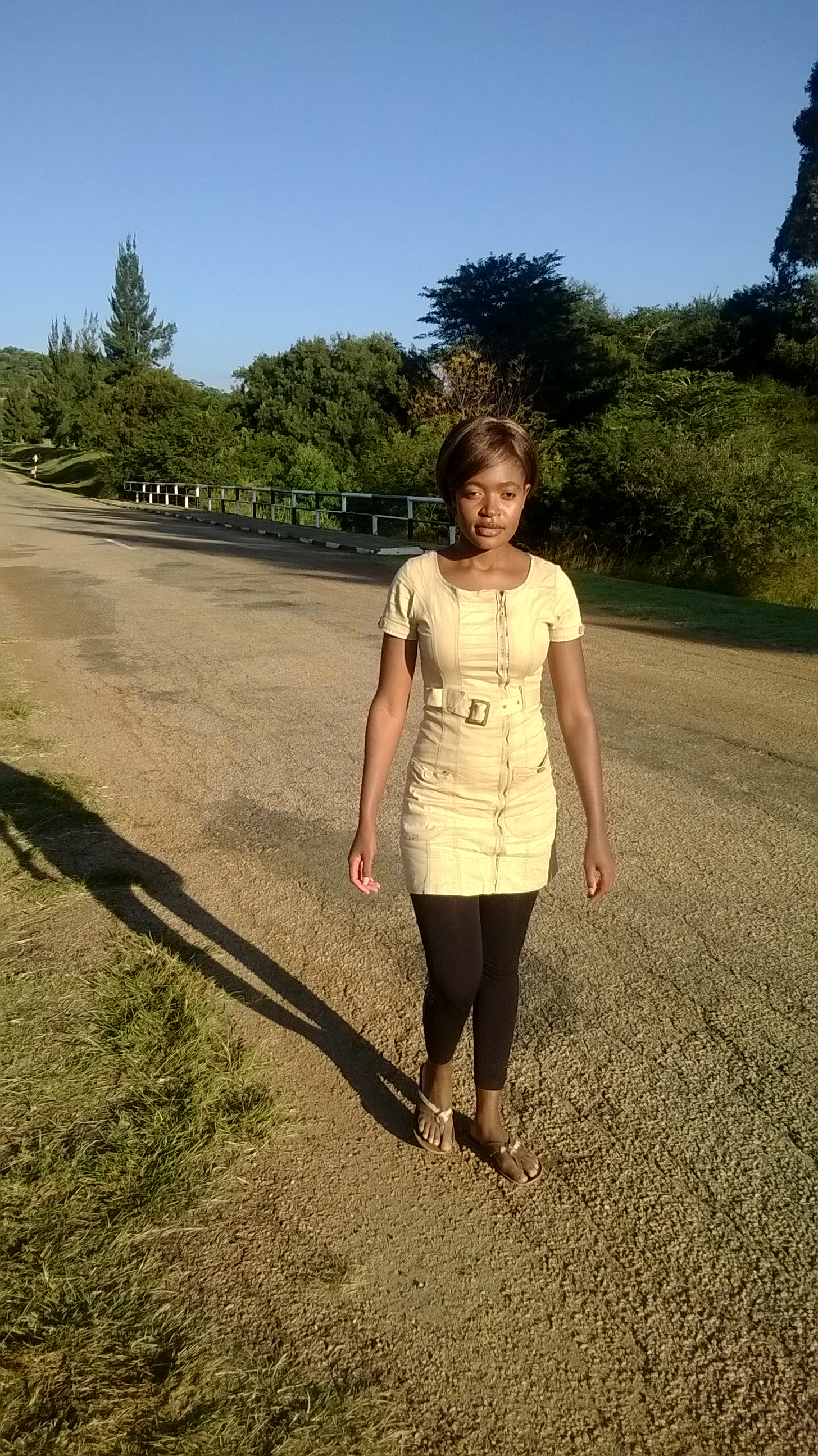 4. Finding balance. Academic life is a huge commitment that requires perseverance. But at the same time, social life cannot be neglected. It is very difficult for me to balance the two and in most cases my social life suffers.
4. Finding balance. Academic life is a huge commitment that requires perseverance. But at the same time, social life cannot be neglected. It is very difficult for me to balance the two and in most cases my social life suffers.
5. Criticism from my community. Being a woman has been another drawback in my quest for an education. People always say, “Instead of getting married and starting a family you are busy trying to further your education, you will end up a nun.”
6. Lack of secure jobs. Due to the economic hardships our country is facing, it is difficult to get a secure job. This sometimes discourages me from furthering my education. Sometimes I feel like it’s not worth suffering sleepless nights studying hard and when I may not be able to secure a financially stable job anyway.
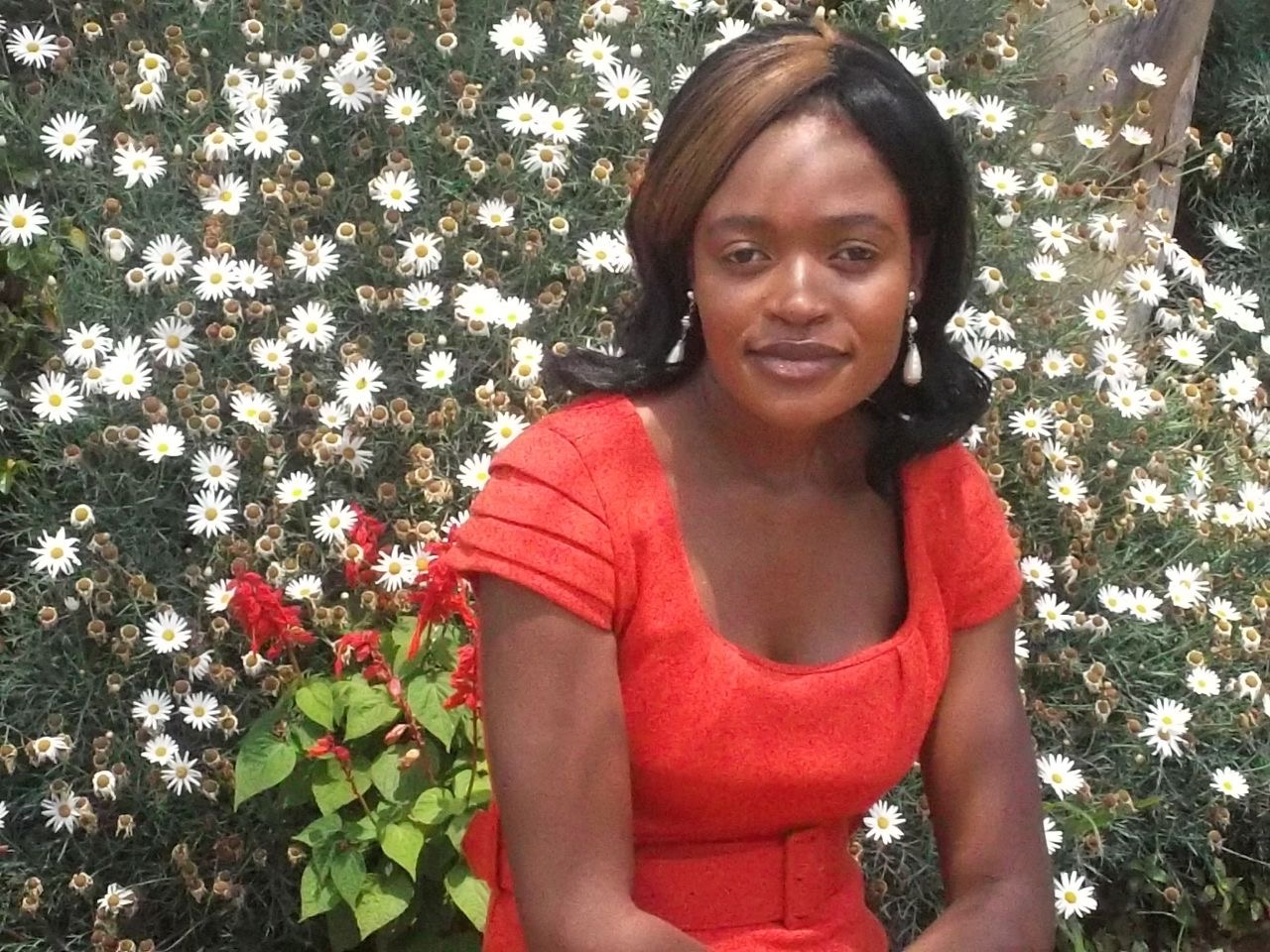 Blogger Precious Ngwayarudza grew up in Chipinge, Zimbabwe and studied Psychology at Africa University. In 2015 she conducted a qualitative research: An exploration of the circumstances that led to elderly destitution and institutionalization at Zororai Old Peoples’ Home. She is a humanitarian who has volunteered her services to various vulnerable groups. Since 2012, she is volunteering at Zororai Old Peoples’ home by offering emotional support to the destitute elderly who stay there. She also volunteered at Mutare Farm prison in 2013 where she was involved in the rehabilitation and reconciliation of the incarcerated. In addition, she undertook an internship at Simukai Child Protection Centre where she offered psychosocial support to street children.
Blogger Precious Ngwayarudza grew up in Chipinge, Zimbabwe and studied Psychology at Africa University. In 2015 she conducted a qualitative research: An exploration of the circumstances that led to elderly destitution and institutionalization at Zororai Old Peoples’ Home. She is a humanitarian who has volunteered her services to various vulnerable groups. Since 2012, she is volunteering at Zororai Old Peoples’ home by offering emotional support to the destitute elderly who stay there. She also volunteered at Mutare Farm prison in 2013 where she was involved in the rehabilitation and reconciliation of the incarcerated. In addition, she undertook an internship at Simukai Child Protection Centre where she offered psychosocial support to street children.


